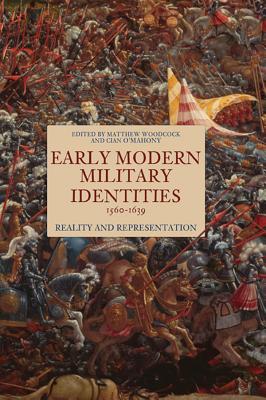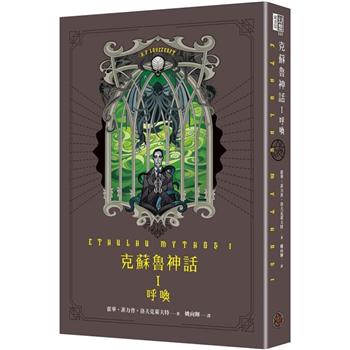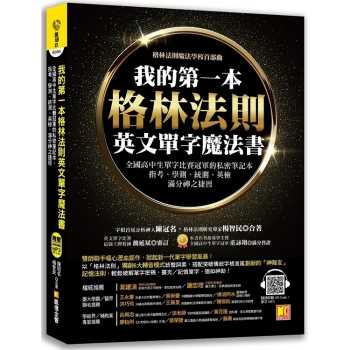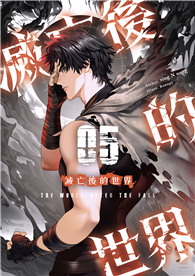An investigation into how soldiers of this period considered and presented themselves.
Within the large-scale historiography of sixteenth- and seventeenth-century warfare and the early modern military revolution there remain many unanswered questions about the individual soldier and their relationship to the profession of arms. What was it that distinguished a soldier from the rest of society? How was the military life perceived in this period by those with first-hand experience of soldiery, or who represented soldiers on the page and stage?How were nationality, class, and gender used to construct military identities? And how were such identities also shaped by classical and medieval models?This book examines how early modern fighting men and their peers viewed and represented themselves in military roles, and how they were viewed and fashioned by others. Focusing on English, Irish and Anglo-Irish soldiers active between the 1560s and 1630s, and using sources including poetry, petitions, sermons, military treatises and manuals, campaign records, and plays by Shakespeare, Middleton and their contemporaries, a combination of historians and literary scholars offer new investigations into the construction, representation and interpretation of military identity, and consider the personal and political implications of martial self-fashioning. Drawing on a variety of disciplines and methodologies, the essays here demonstrate how the study of military identity-and military identities-intersects with that of life-writing, digital humanities, gender, disability, the history of emotions, and the relationship between early modern literature and martial culture. MATTHEW WOODCOCK is Professor of Medieval and Early Modern Literature, University of East Anglia; CIAN O’MAHONY is an Independent Scholar. Contributors: Angela Andreani, Benjamin Armintor, Ruth Canning, David Edwards, Andrew Hadfield, Andrew Hiscock, Adam McKeown, Philip Major, Cian O’Mahony, James O’Neill, Vimala Pasupathi, Clodagh Tait, David Trim, Matthew Woodcock.












